It takes a special person to become President of the United States. They must not only demonstrate leadership skills, decisiveness, and possess a bit of luck, but they also need the ability to keep from getting overwhelmed. As you’re about to find out, not everyone who’s called the White House home has had all of those traits.
Of course, choosing which presidents are the worst is always going to be little more than personal bias and one usually driven by the current political atmosphere at that, but we’ve tried to avoid simply following the pack by looking past the last 50 years for our inept candidates. And it takes a few decades to truly gauge a President’s performance, which can only be done once political passions have had a chance to cool. With that said, our rankings are based on each man’s accomplishments — or lack thereof — in relation to the length of time they were in office, and with consideration given to what the geopolitical and economic situation was at the time. Without further ado, here’s our list of the “top” 10 (or actually 11, as we have a tie) men who would’ve been better off being on vacation when their respective parties called them to duty.
10. (Tie) Benjamin Harrison, 1889-1893
The grandson of the ill-fated ninth president of the United States, William Henry Harrison, the cold and humorless Benjamin Harrison rode into office largely upon his pledge to keep the government’s promise to compensate his fellow Civil War veterans which his opponent, the incumbent President Grover Cleveland, had obstinately refused to do.
Once in office, Ben was good for his word and coughed up the promised funds, which turned out to be the high-point of his tenure. After that, things went downhill fast — especially economically. By the next election cycle, the country was in a full-blown depression and Cleveland won his old job back, defeating the very man who had defeated him just four years earlier.
10. (Tie) William Howard Taft, 1909-1913
It would be hard for any man to follow in the footsteps of the larger-than-life Teddy Roosevelt, but the corpulent Taft definitely failed to live up to even lowered expectations, which was curious considering that Taft had been Teddy’s hand-picked successor. The problem was that TR was what one would call a progressive and he thought Taft would continue in that tradition, but it quickly turned out that he was an old school Republican after all, much to Teddy’s chagrin.
So disappointed was he in Taft that Teddy challenged him in the primary in 1912 and, though he won more states and delegates than the incumbent president, still lost the nomination to Taft at the convention. Never the pragmatist, Teddy then went on to run a third party campaign, splitting the Republican vote and handing the White House to the Democrats for the first time in 16 years.
9. Jimmy Carter, 1977-1981
Though he still has his proponents today, the case could be made that Jimmy Carter was the quintessential man in over his head if there ever was one. While a generally genial and compassionate man (later evidenced by his 2002 Nobel Peace Prize), what the country needed was a strong leader willing to face up to the Ayatollahs and tackle the double digit inflation that dogged his administration.
To be fair, Carter did have a couple of successes. For example, he did get Israel and Egypt to sign the Camp David Peace Accord, which brought peace to the two antagonists after nearly 30 years of intermittent warfare. Overall, though, if one were to sum up the Carter administration it would probably be: “best of intentions but a job too big for the man to handle.” We’ll give him an A for effort, though.
8. Millard Fillmore, 1851-1853
The period immediately preceding the Civil War produced an unusually large number of weak presidents, one of whom was Millard Fillmore (no, that’s not an immortal Alec Baldwin pictured above). Only the second man to assume the presidency upon the death of his predecessor (in this case, Zachary Taylor, who died just over a year into his administration) Fillmore seemed overwhelmed with the job right from the start.
It’s not that he made lots of mistakes, it’s just that he didn’t do much — other than perhaps encourage secessionists by deciding it was be a good idea to make the newest western states slave states in an effort to appease the south. In his own words: “God knows that I detest slavery, but it is an existing evil … and we must endure it and give it such protection as is guaranteed by the Constitution.” How’s that for a man of conviction?
7. John Tyler, 1841-1845
The first sitting vice-president to ascend to the presidency (upon the death of William Henry Harrison, who died just a month after being inaugurated) things did not go well for Mr. Tyler from the beginning. First, it wasn’t entirely clear that the vice-president could simply assume the presidency upon the president’s death, creating a political crisis. Tyler won that debate, but that was the extent of his success.
After that, he turned on his former supporters, vetoing their entire agenda, and got himself expelled from the Whig party (which is not surprising considering he was a former states rights Democrat before joining the Whigs). By the time he left office, not even his wife was willing to give him a second term. He eventually won a congressional seat in the Confederate government but died before he could take office, ending a long but decidedly mediocre public service career.
6. Herbert Hoover, 1929-1933
Hoover, perhaps in the best example of worst timing ever, managed to ride a groundswell of support into office in 1928, only to see it all come crashing down — both literally and figuratively — just a few months after being sworn in. Of course, he got all the blame for it, even though the dynamics that made the crash inevitable had been enshrined in American financial institutions long before he put his hand on the Bible and took the oath of office.
What he was responsible for, however, was helping the country work its way out of the Great Depression, which he proved to be wholly incapable of doing. Hoover tried, to be sure, but by the time the next election cycle came up, unemployment stood at a staggering 25% and Hoover was toast.
5. Ulysses S. Grant, 1869-1877
Any man that could command a million-man army and defeat Robert E. Lee should make an ideal president, or so one would think, but Grant proved that assumption to be erroneous. The problem was that the genial and well-meaning Grant, while a man of personal integrity, had absolutely no capacity to discern the same in others.
As a result, he surrounded himself with some of the most corrupt men ever to sit on a cabinet. Worse, he was fiercely loyal and so was reluctant to sack anyone once their indiscretions became not only public, but self-evident. Had it not been for his personal popularity (Grant is the most popular president to make the bottom ten) it’s unlikely he would’ve seen more than the one term.
4. Warren G. Harding 1921-1923
If any man had less capacity to be president of the United States than Warren G. Harding, it’s hard to know who it might be. Harding basically became president because he was considered handsome (by the standards of the time — and remember, this was the first election in which women could vote) and because people were tired of Woodrow Wilson’s shenanigans.
Unfortunately, he was somewhat ethically challenged and seemed far more interested in playing poker, drinking, and pursuing women than leading the country. Fortunately, the economy was booming in the twenties or he could well have gone down as the worst president. He also died just three years into his term, supposedly of heart disease, which further insulated him from deserved criticism.
3. Andrew Johnson, 1865-1869
Old Honest Abe Lincoln was not known for his ability to pick competent generals until he happened upon Grant. The same might be said for his choice of running mate in 1864, when he chose Andrew Johnson — an anti-secessionist Democrat from Tennessee — to be the man entrusted with being a heartbeat away from the presidency.
The problem was that once Johnson was handed the keys to the White House upon Lincoln’s death, he and the Republican controlled congress couldn’t seem to agree on much of anything (Johnson holds the record for most presidential vetoes and for having the most presidential vetoes overridden by congress). As a result, he ended up in a four-year-long spat that turned the post-war reconstruction efforts into a nightmare and nearly prematurely cost him his job when he avoided being impeached by a single vote. What was Abe thinking?
2. James Buchanan, 1857-1861
Okay, so he wasn’t quite as bad as his predecessor in that he didn’t openly support succession and slavery. It’s just that “ol’ Buck”, as he was known, did absolutely nothing to stop or even slow the secessionist train down as it headed towards the country at full speed. What is sad is that Buchanan had the résumé to be a good president: a popular and experienced politician, Buchanan ably represented Pennsylvania in the House of Representatives and later the Senate, and served as Secretary of State under President James K. Polk.
What he lacked was awareness of the dangers the country faced or the courage to do anything about them, which is even more unforgivable than simply making mistakes. Buchanan might have made a passable president at another time, but in 1857 he proved disastrous.
1. Franklin Pierce, 1853-1857
Ol’ Frank Pierce usually makes it to the bottom of most of these lists, probably because he did more to set the stage for the Civil War than any other president. What did he do? Well, for one thing, he repealed the Missouri Compromise act of 1850, thereby reopening the question of whether slavery should be permitted in new western states, further fueling the fires of succession — which he also supported, by the way (even becoming the only ex-president to openly support the south during the Civil War).
It’s not that Franklin was evil. In fact, by most accounts he was a fairly genial guy. It’s just that he was badly on the wrong side of history who probably did more than any other president to make the Civil War inevitable. Sadly, he was also the only president to die of alcoholism, succumbing to sclerosis of the liver in 1869, making him about as tragic a figure as one could imagine.
Jeff Danelek is a Denver, Colorado author who writes on many subjects having to do with history, politics, the paranormal, spirituality and religion. To see more of his stuff, visit his website at www.ourcuriousworld.com.
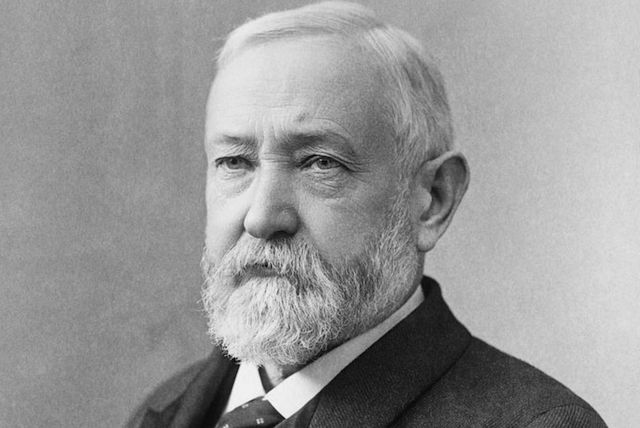
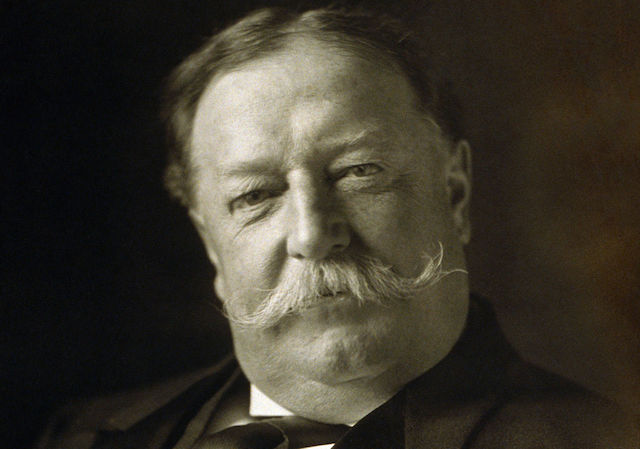
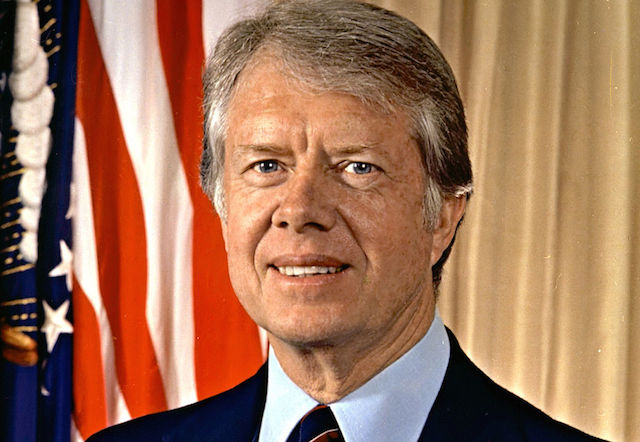

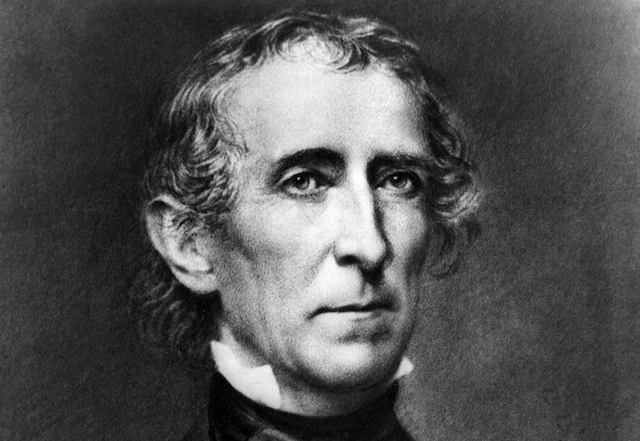

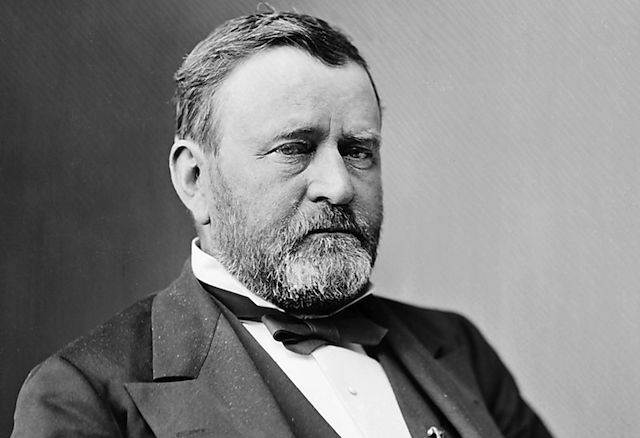
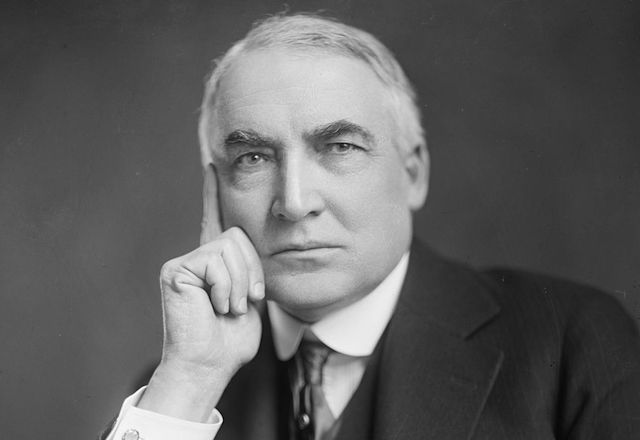
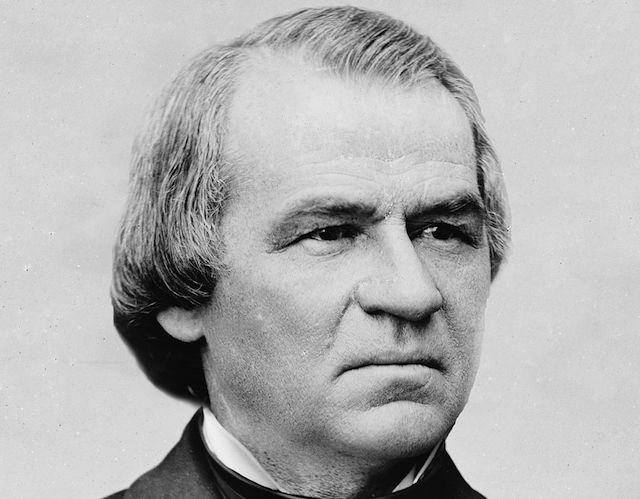
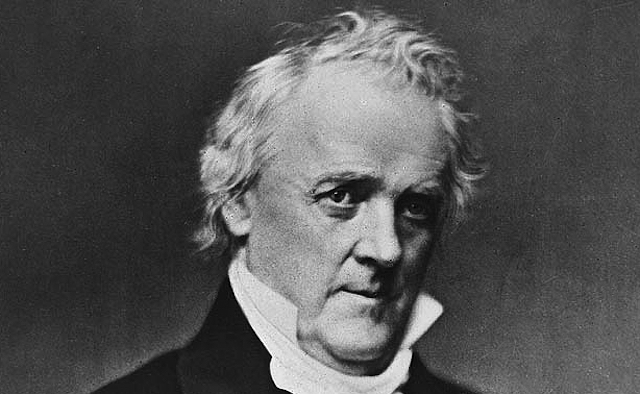
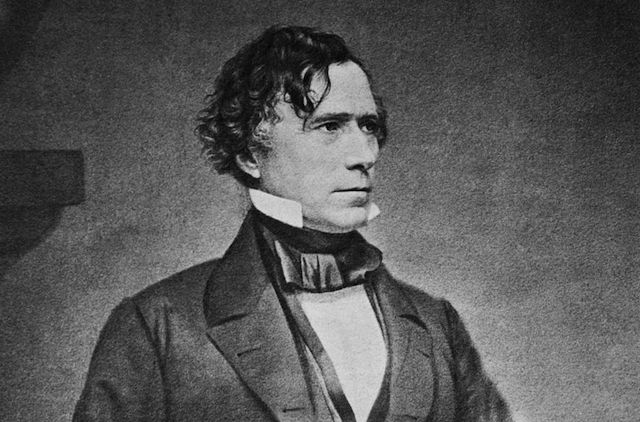
2 Comments
Hear, hear!
You left off this list both Bushes and Reagan. While of the presidents have had their positive points – in the case for these three the damage they did dramatically offsets the little they did for the country.